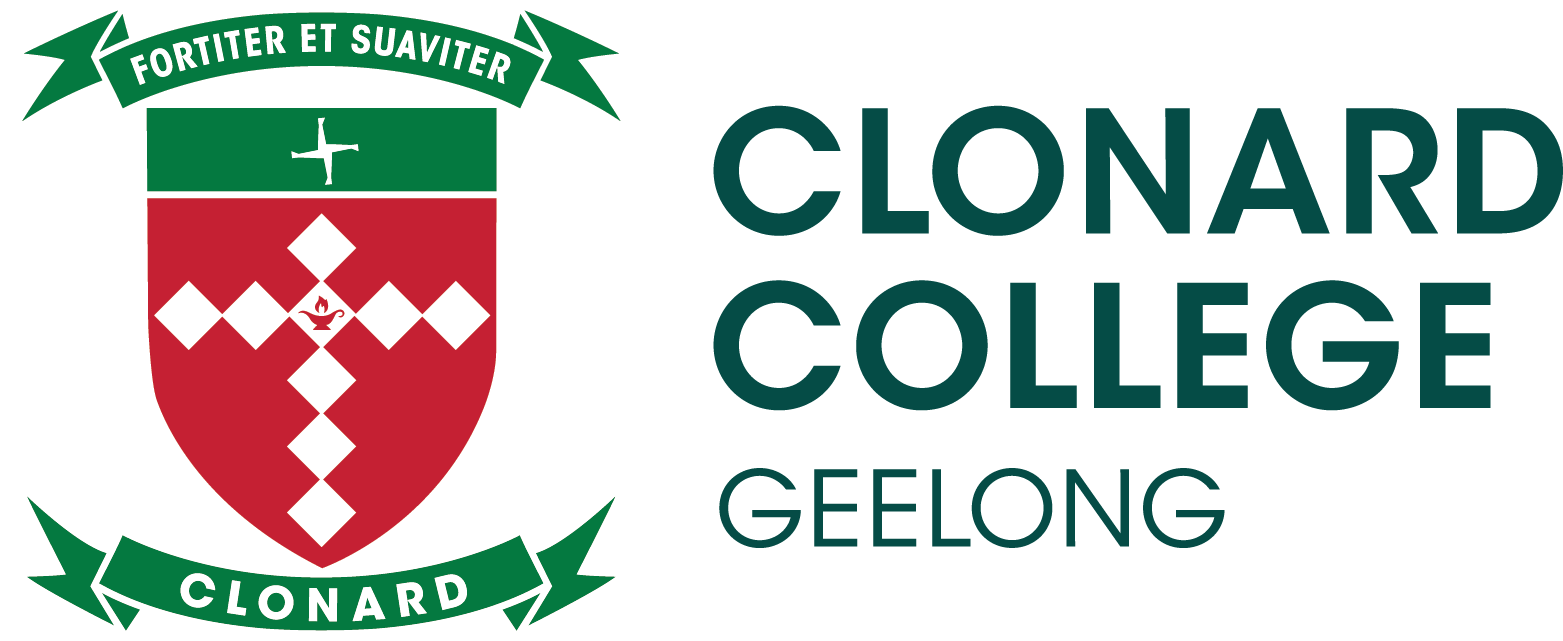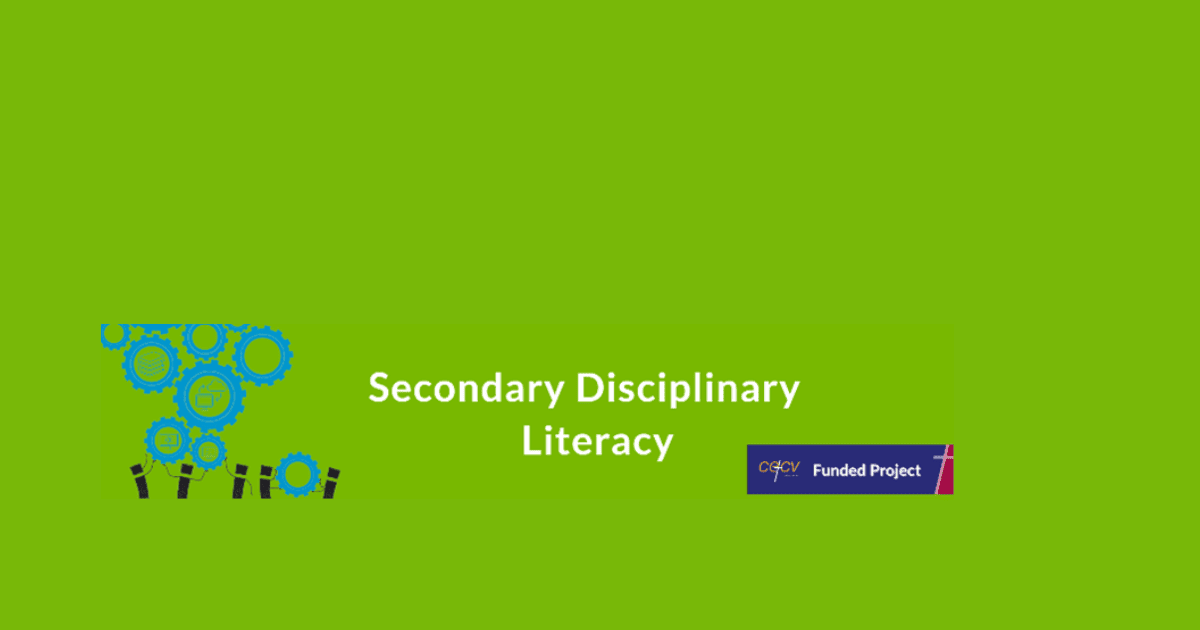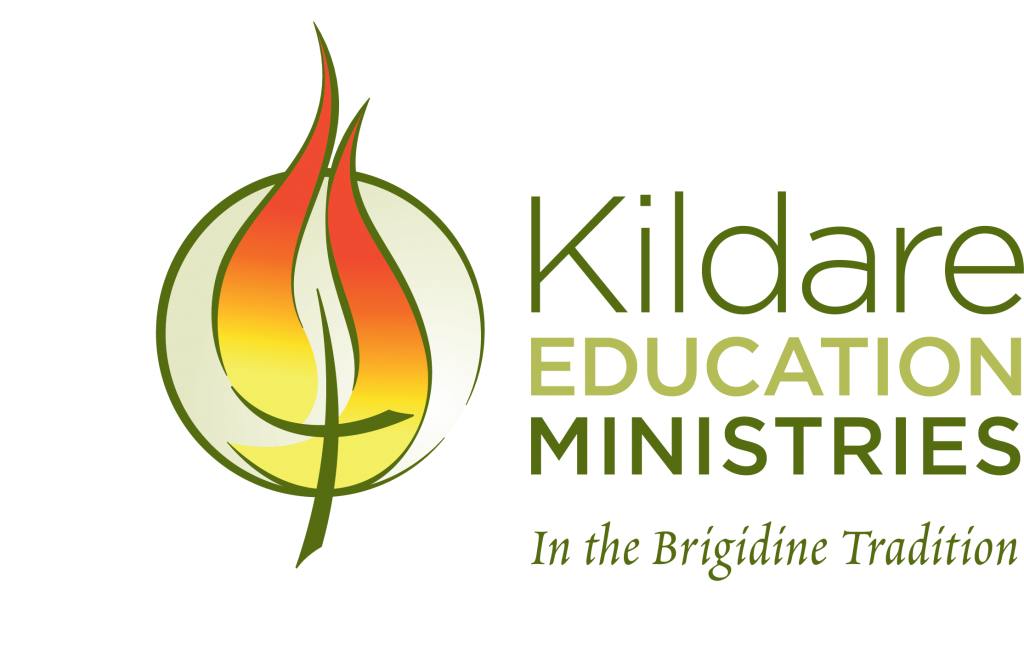- Posted on
- Learning
In 2023 at Clonard we are continuing our involvement in the Melbourne Archdiocese of Catholic Schools Secondary Disciplinary Literacy project. This began in 2022 and will run into 2024. Clonard joins a number of other schools from Melbourne and Victoria who are actively developing a whole school literacy approach with an initial focus on improving student’s ability to read in their subject area.
Research shows that students need to understand a very high level of words in what they are reading in order to make sense of the whole text – whether this is a worded Maths question, a Science article or a game strategy in Physical Education. Each learning area is selecting key vocabulary for each new unit that students begin and taking a variety of approaches to teach this. It is important that students see this vocab repeatedly, speak it, use it and then connect it to other words.
This means that unlike when they are learning to read in primary school, our secondary Clonard students are reading to learn.
This also includes a focus on the VCAA command terms – words that are used in assessment across all subjects in VCE.
Our Science department are doing great work in literacy lead by Science Learning Leader Craig Canning. Some of the ways that vocab learning is happening in the Science classroom are:
Unit 1 Biology with Ms Semjonov:
- Students learn to associate actions and pictures with a new word to move it into their long term memory
- Learning the Latin origins of roots. Eg: ‘prokaryotes’ – first cells that evolved. Pro = first
- Playing Quizlet; an online collaborative vocab game that requires real life speaking and sharing to consolidate new knowledge
- Acronyms for learning stages and language:
Prophase
Metaphase
Anaphase
Telophase
= Peed Myself At Torquay
What our students have to say:
“Vocab helps us learn better and remember things more easily” – Millie
“It helps us gain an understanding of the topic and what we are actually learning”- Georgia
“In Biology and indeed most sciences- you are learning as much vocab as if you are learning a language other than English” – Ms S
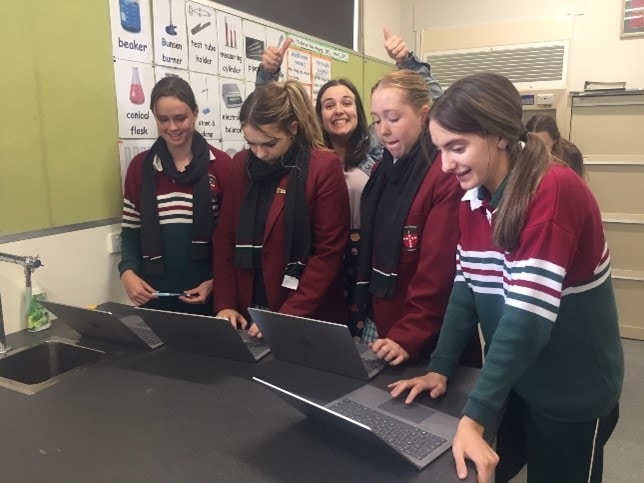
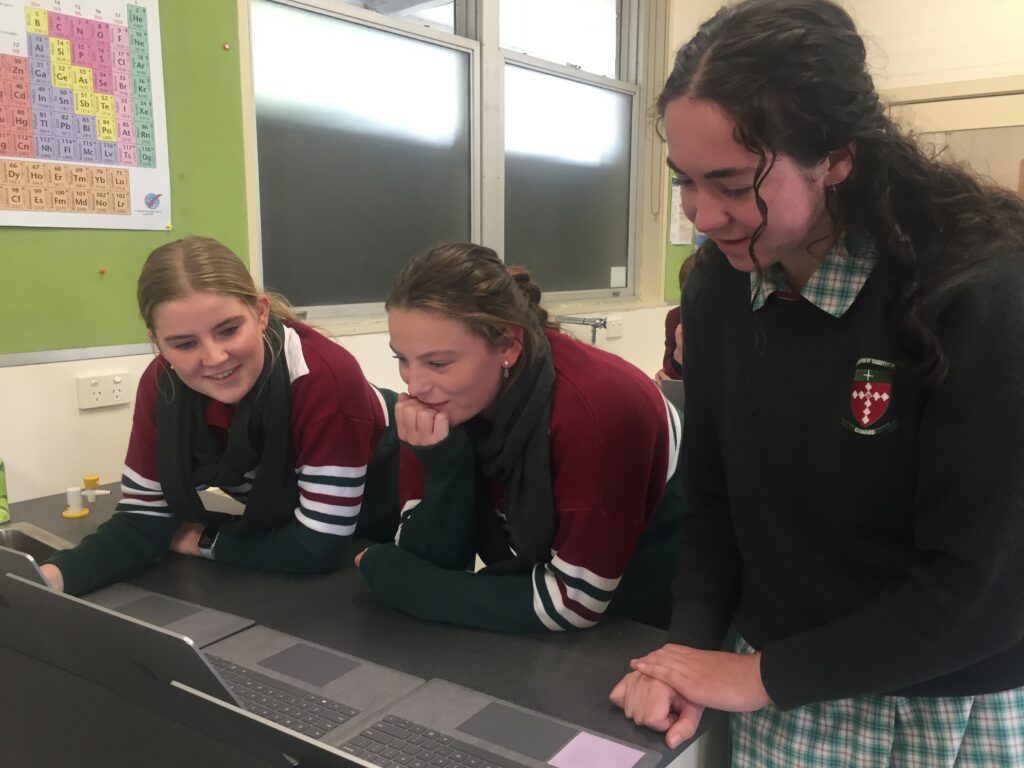
Year 10 Chemistry – Ms Tolan
Why do we learn vocab?
“It helps us to understand what we are learning better” – Ella
“It means when we get to exams we understand what the question is asking” -Hattie
“We have a glossary; It helps us understand the topic more” – Billie
“They are not just a bunch of letters or words anymore; we understand what they mean and how to use them”- Juliette
Ask your daughter what news words she is learning in her different subjects!
Liz Sullivan, School Improvement Leader: Learning
